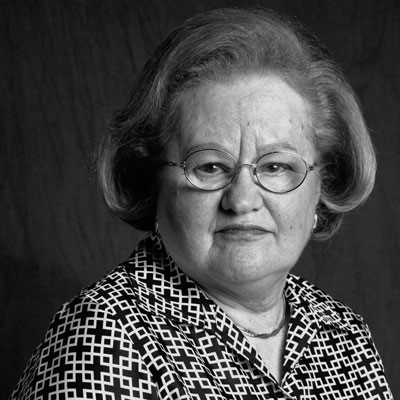At first Erika’s father was granted special permission to stay in Czechoslovakia because he was a grocer and, as she puts it, “the town needed him.” One of her brothers found her a live-in job as a housekeeper with a family who was willing to keep her Judaism a secret. Erika took the Jewish star off her clothing so she could buy food at the market. “There was one Gentile girl who knew I was Jewish but she never gave me away,” she says. “I got to feel normal for a few minutes at a time.”
Erika’s mother and her four brothers were sent to Auschwitz. Sorrowfully she says, “I had no contact with them at all before they left.” After her father was taken away, she stayed with a family who treated her decently. German soldiers occupying the town moved into the house where she had been raised. She says of those days, “I pretended not to understand German so the soldiers couldn’t figure out I was Jewish. I had to have a poker face. I couldn’t laugh or cry or even look their way. I was always on guard.”
When the Russian Army liberated the town, Erika volunteered to work in a soup kitchen for those returning from concentration camps. She says, “I worked for free hoping to see some of my family come back.” When one of her brothers arrived at the kitchen, they went to Belgium to secure a visa for travel to the United States.
Erika laments, “Of my four brothers, three came back. My parents and youngest brother died in Auschwitz. It was a horrible, horrible time but I was grateful to the family that kept me alive.” Erika remains in touch with the family who gave her refuge. She sends them a gift of money every year.

